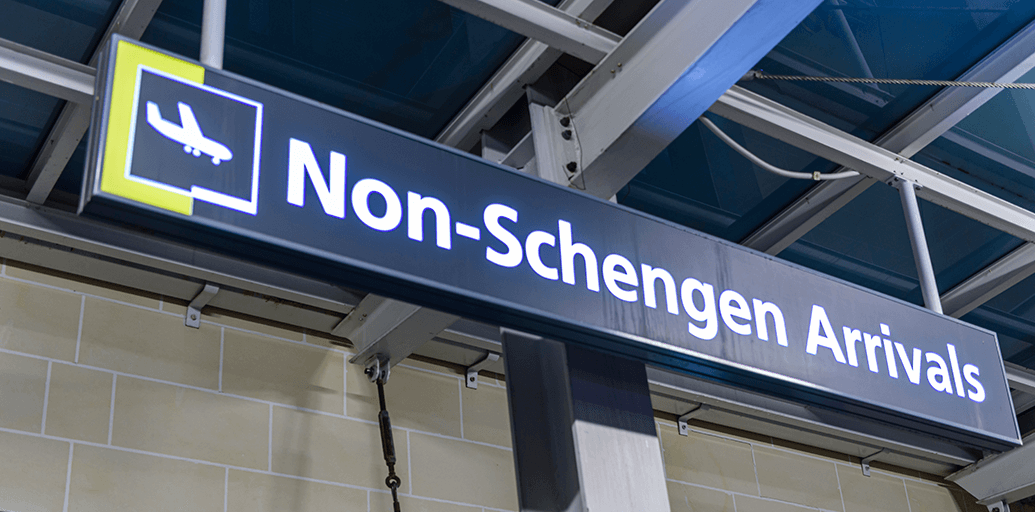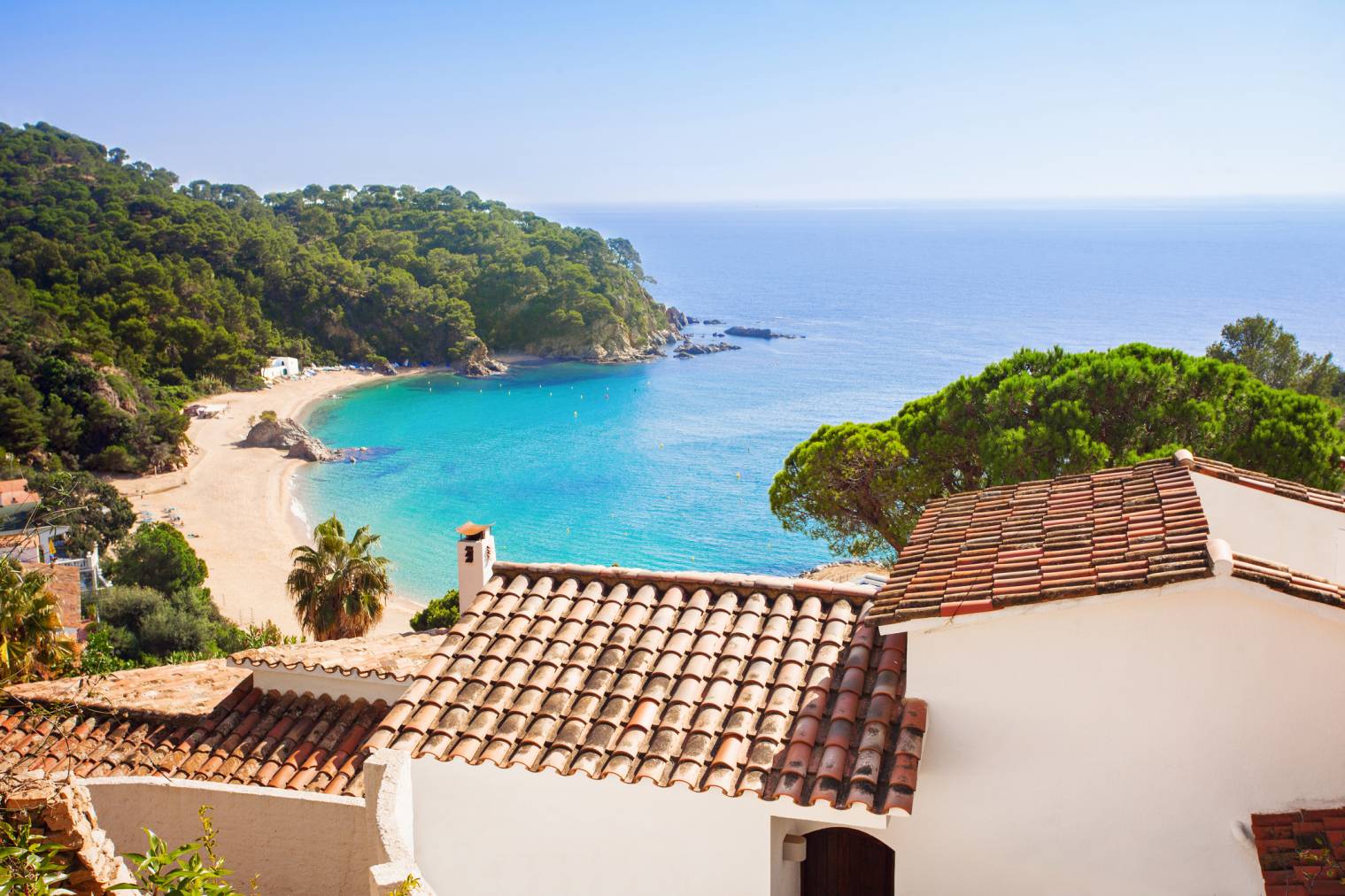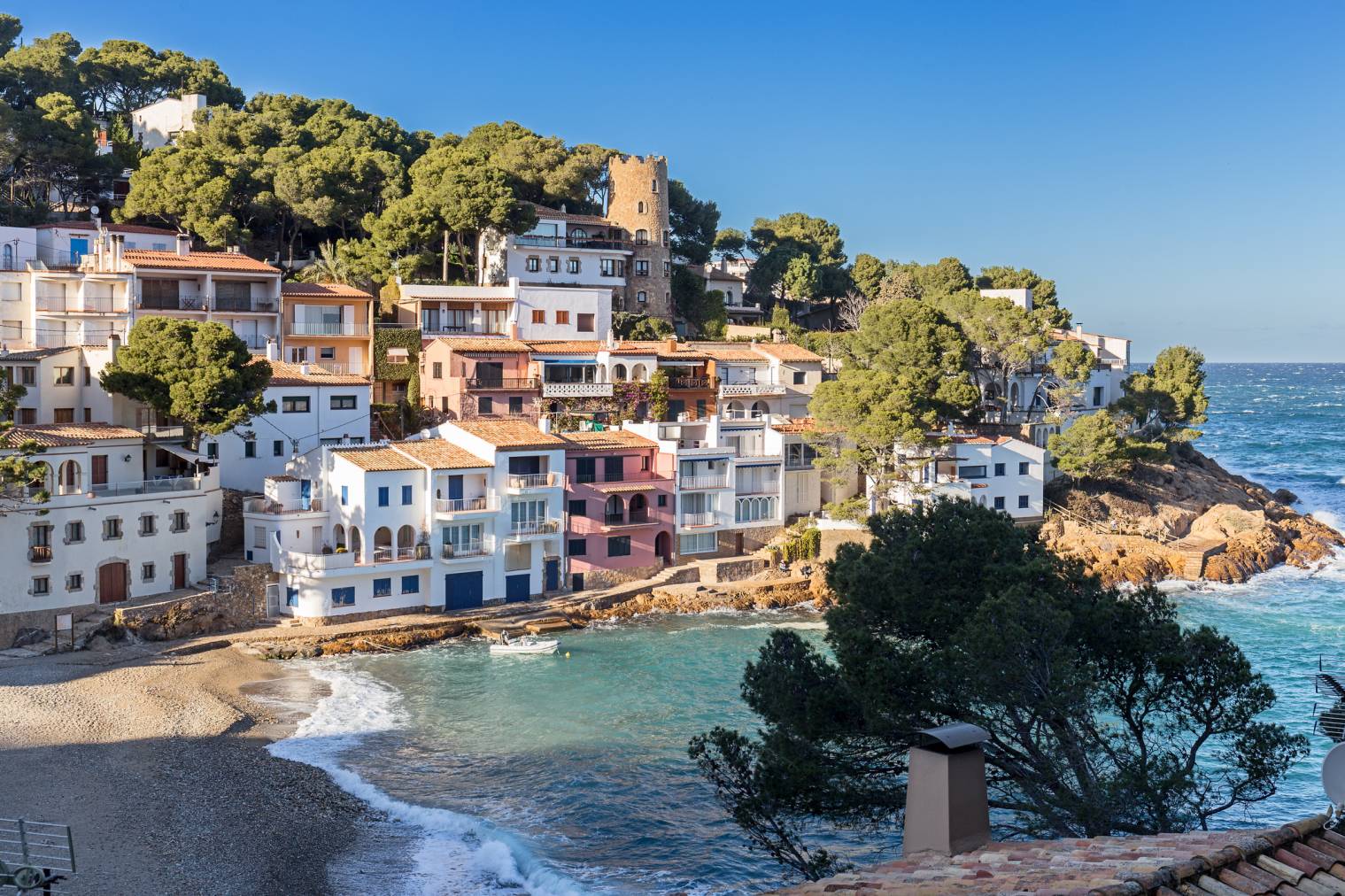Real estate in Spain: what advantages and disadvantages for a non-resident outside the EU ?

Are you dreaming of owning a property in the sun and Spain has caught your eye? In addition to its undeniable tourist appeal, this country is increasingly attracting foreign investors who are seduced by its many assets. But as with any investment, buying property in Spain requires a study of the pros and cons. To help you make the right choice, here is everything you need to know. Buying, selling, inheritance, seasonal or annual rental, discover the advantages and disadvantages of being a non-resident in Spain.
Buying a house in Spain for a non-resident
Article 9 of Law 35-2006 defines the status of natural persons. According to this article, which regulates the income tax of residents, a person is resident in Spanish territory when he or she is in one of the following situations:
- Its main professional activity or economic interests are directly or indirectly located in Spain,
- She stays in Spain for more than 183 days a year,
- Her spouse and minor children reside in Spain.
You therefore have the status of a non-resident in Spain if you do not fall into any of the cases defined above.
Buying a property in Spain has several advantages for a non-resident. Firstly, residences in Spain offer excellent value for money, especially if you decide to invest in towns with high tourist potential such as Rosas, Empuriabrava, Playa De Aro and Lloret de Mar. There are waterfront villas, luxury flats and pool villas available locally to suit all budgets.
Secondly, by investing in a new home, you will be assured of a home that meets the latest construction and design standards. You will have a property that meets local and international demands.
Furthermore, Spain offers high capital appreciation and rental returns, which encourages investors. Moreover, the Spanish real estate market remains stable and dynamic, even in these times of crisis.
Spain is also particularly favourable for investors thanks to its low tax rate, which is very attractive for non-residents. These include the absence of property tax and wealth tax. The purchase and sale costs and taxes are between 1 and 3.5% of the price. A 15% tax is levied on rental income transferred abroad.
Finally, real estate investment is the purchase that requires the least investment of the Golden Visa Spain options.

Buying or selling property in Spain: what taxes should a non-resident pay?
Fees and taxes are payable to the Spanish State in connection with the purchase or sale of real estate.
Firstly, there is the ITP (Impôt de Transmissions Patrimoniales) or VAT if you decide to buy a second-hand property.
For non-residents in Spain, the IRNR or Non-Resident Income Tax is the main tax payable. This is a direct tax calculated on the income obtained by a non-resident in Spanish territory. Note that you are not obliged to file a tax return.
The risks of buying a house in Spain for a non-resident
Some investors complain that the legal framework for buying property in Spain is insufficient. Indeed, when buying a property, the notary will only intervene to check the conformity of the deed of sale with Spanish law.
Also, the property will not be subject to any administrative, legal or town planning checks. This represents a risk for foreign buyers who do not necessarily have any knowledge of these points. Moreover, the responsibility for these checks lies entirely with the buyer. This is why it is always advisable to use a serious real estate agency that is fully familiar with the Spanish legal framework.

Renting your house or flat in Spain
For a non-resident, it is clear that the house or flat to be purchased will be rented out. This may be an annual or seasonal rental, depending on your needs. Renting is still very favourable in Spain.
Depending on the location of the property, the profitability will be more or less high. Indeed, whether in the big cities or in small tourist villages, there is a high demand for rentals in Spain. For houses and flats in the city (in Madrid or Barcelona, for example), there is a high demand for long-term rentals. However, for property in tourist towns such as Empuriabrava and Lloret de Mar, demand is very high during the holidays. By opting for seasonal rentals, you can enjoy your property in Spain for at least a few weeks in a year.
Inheritance for non-resident owners in Spain
Before buying a house in Spain, it is important to think about inheritance. Most of Spain's autonomous communities have introduced the virtual abolition of inheritance tax, with a 99% bonus on this tax. This is the case in Madrid, the Canary Islands, Andalusia, Cantabria, Extremadura, Murcia and La Rioja.
The different costs of owning a house in Spain for a non-resident
There are various costs associated with buying and owning a property in Spain.
The notary fees will vary between 1 and 2% of the price of the property. The buyer also pays the agency costs. These generally amount to 5 to 10% of the purchase price of the property.
You also have to pay transfer tax, between 6 and 7% of the value of the property, and value added tax of 7% if you decide to buy a new build.
Once you have completed the purchase process, you will be subject to property charges. These include non-resident income tax, IBI or local tax and current charges. For a future resale, the capital gain is taxed at 21%.
Please complete the form by clicking below and our advisers will get back to you as soon as possible to discuss your project.
You can also contact us at +34 872 268 850








